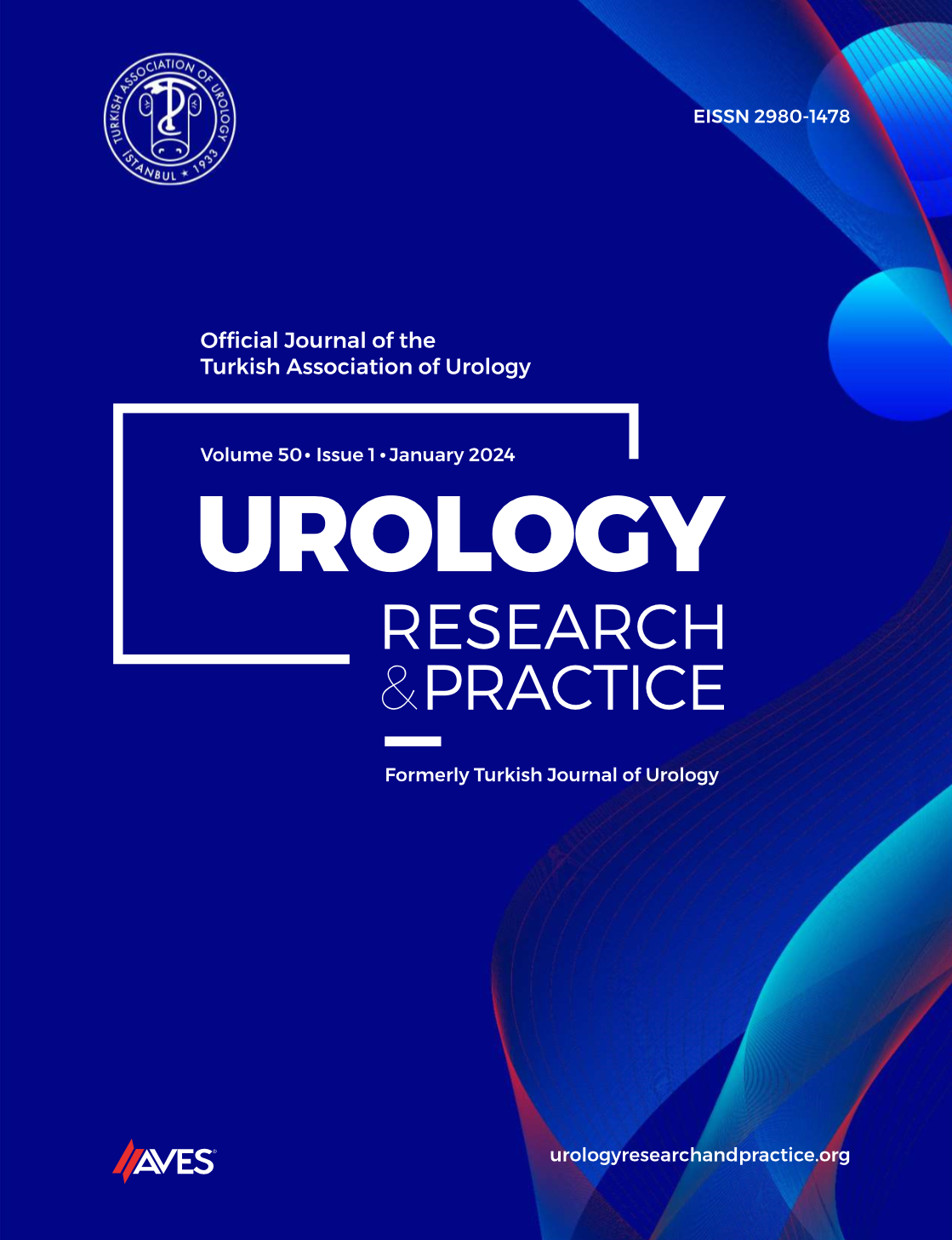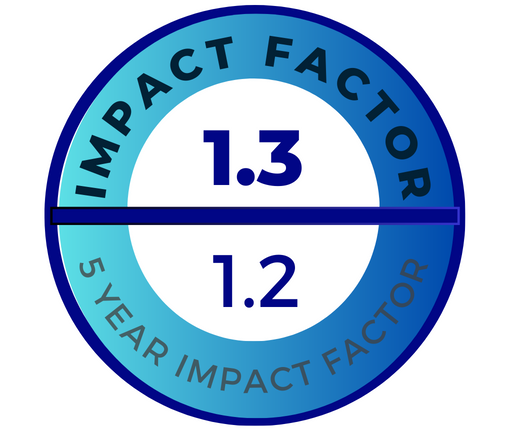Abstract
Introduction: Prostate specific antigen (PSA) is the commonly used tumor marker in the early diagnosis of
prostate cancer. Although it is highly specific for prostate, its specifity is low for prostate cancer. Since it is
affected by many factors other than cancer such as diurnal variations of the secretion, existing of infections or
inflammations in the prostatic tissue, volume of prostate, digital rectal examination, ejaculation or rectal
manipulations and surgery of the prostate, the value of serum PSA level is limited.
Serum insulin level increases and reaches maximum level at first hour due to increased glucose level after
meal. Thereafter the level of serum insulin values return to its normal level at approximately two hours after
meal. On the other hand, insulin suppresses the production of sex hormone binding protein in liver cells.
Therefore, it is logic to investigate PSA levels due to metabolic and hormonal changes after meal. We
investigated changes of PSA level after meal in this prospective study.
Materials and Methods: Thirty-three healthy cases were included in this study to determine changes of
serum PSA levels pre and post-meal manner. All patients were given same regular diet comprised of 700
calories (50-55% carbohydrates, 25-30% lipids and 20% proteins). Blood samples were taken an hour before
meal (PSA-0), and one (PSA-1) and two (PSA-2) hours after meal. Serum PSA levels were determined by
chemiluminescence method. Paired sample t test and Pearson correlation coefficient were used for statistical
analysis.
Results: The mean age of the patients was 42±17.5 (Range 20-80) years. The mean PSA level at one hour
before meal, one and two hours after meal were 0.70±0.69 ngr/ml (PSA-0), 0.74±0.75 ngr/ml (PSA-1) and
0.65±0.57 ngr/ml, (PSA-2) respectively. There was no statistically significant difference between serum PSA-0
levels with PSA-1 (p=0.106) and PSA-2 (p=0.109) levels. However, there was a statistically significant
difference between first hour and second hour after meal mean PSA levels (p=0.029).
Conclusion: Serum PSA values may be affected not only from prostatic disturbances, but also the changes
of its metabolism and levels of PSA binding proteins.
Insulin, proinsulin, C-peptid and Zn secretion increase after meal. In contrast, glukagon, cortisol,
epinephrin, norepinephrin secretion decrease. These differences could also change the levels of detectable
fractions of PSA temprorarily and may affect serum total PSA levels. The differences of serum PSA levels
represent paralelism with the changes in serum insulin levels after meal.
In this study, mean PSA levels increased at first hour after meal and decreased at second hour after meal.
These differences in PSA levels could affect the decision making for indication of prostate biopsy in patients
with borderline PSA levels and it should be considered when the serum samples are taken whether patients are
hungry or not.
The determination of ideal serum PSA sampling time would be important in order to prevent false
negative or positive serum PSA results. In this way, clinicians would decide not to do invasive procedures
especially in patients with borderline serum PSA levels.

.png)


.png)